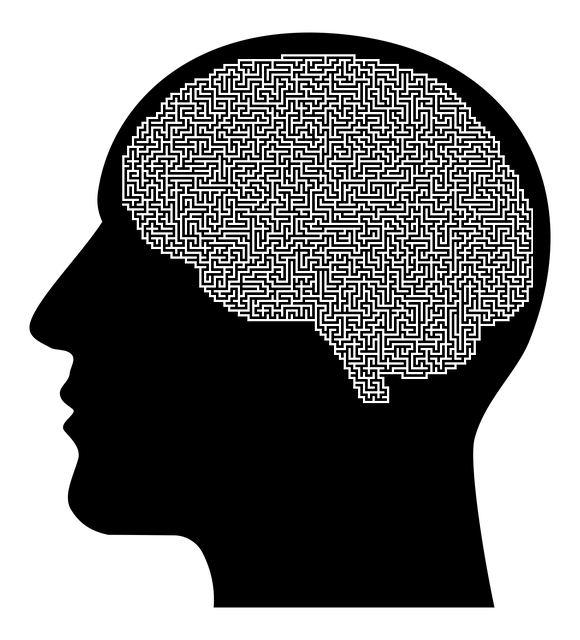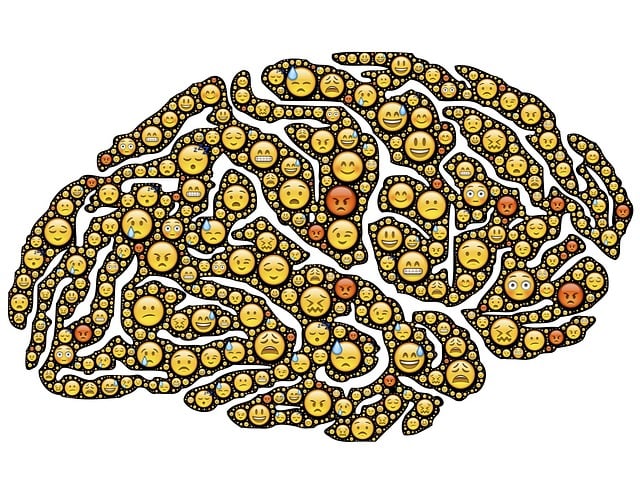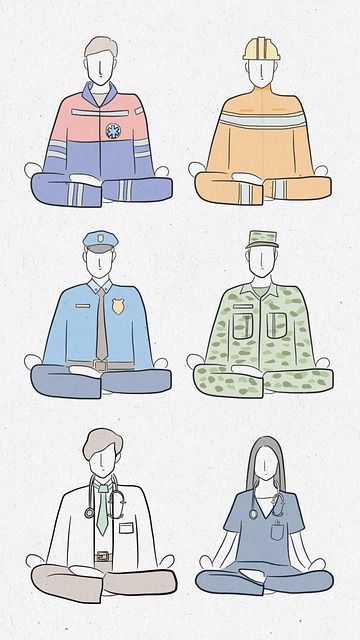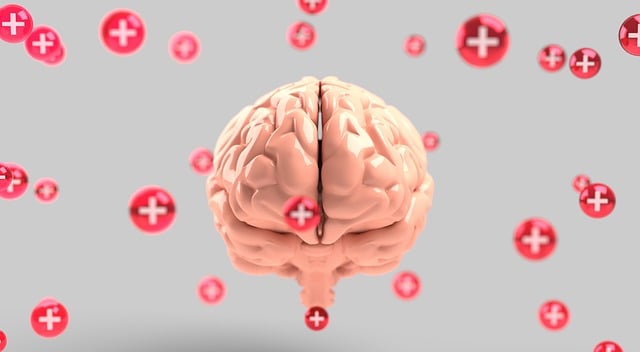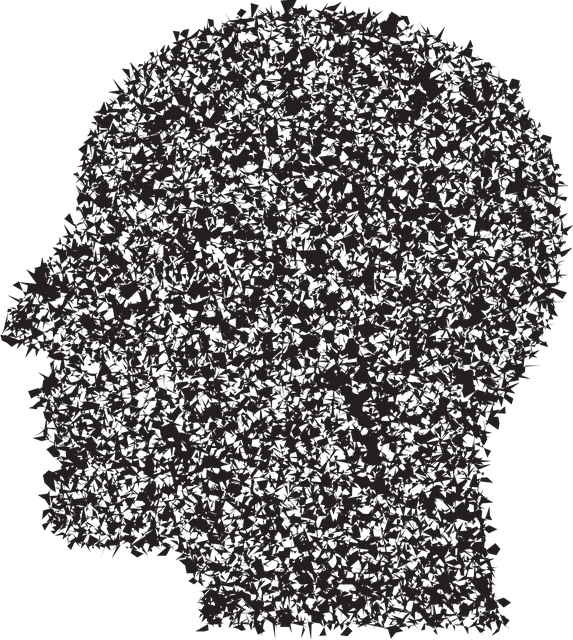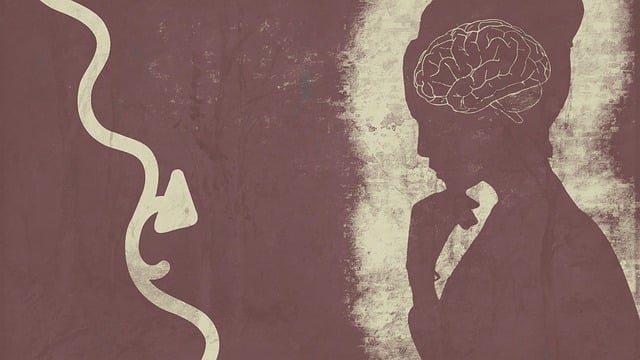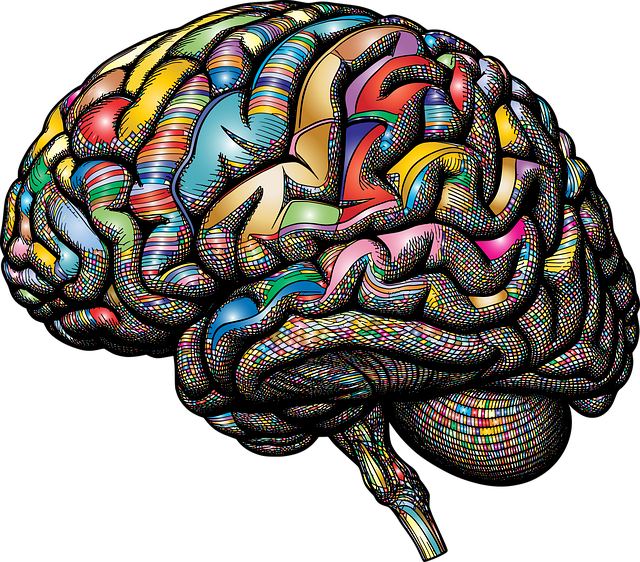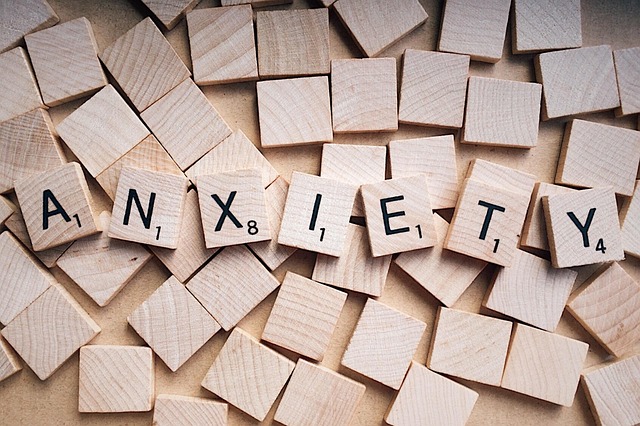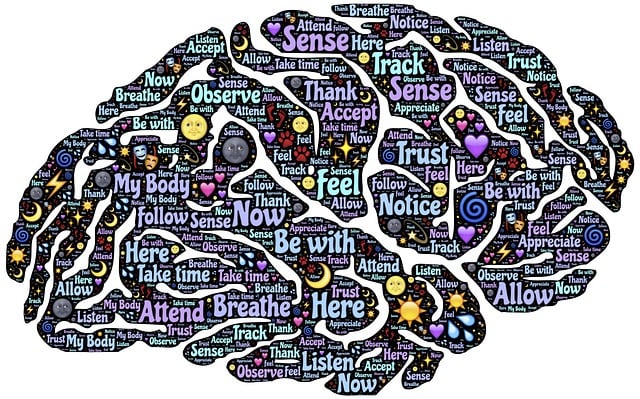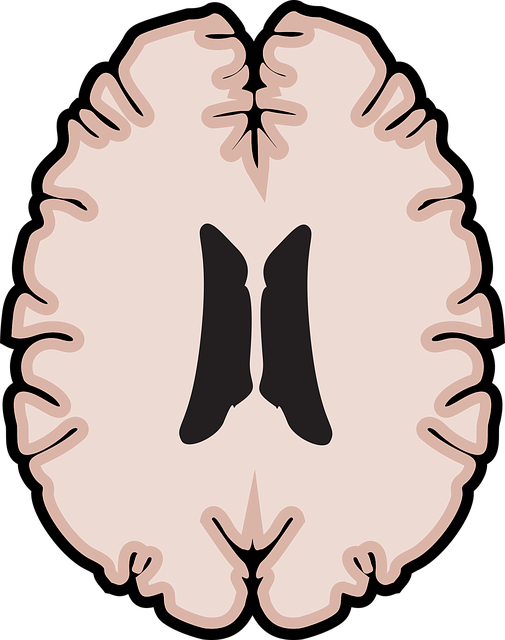Mental wellness self-assessment tools, enhanced by integrating Superior German Speaking Therapy techniques, offer individuals deeper insights into their emotional and psychological states. These assessments guide personal growth through conflict resolution, mindfulness meditation, and stress management, building resilience to overcome life's challenges. By combining Germany's rich psychotherapy tradition with cultural sensitivity, these tools resonate with diverse users, empowering them to take control of their mental health journeys. Continuous refinement through user feedback and expert insights ensures the tools evolve to meet the complex needs of a changing mental health landscape.
Mental wellness self-assessment tools play a pivotal role in fostering personal growth. In today’s fast-paced world, understanding one’s mental state is crucial for overall well-being. This article delves into the development of such tools, drawing insights from superior German-speaking therapy techniques. We explore how effective self-assessments can be designed to provide accurate evaluations and feedback, ultimately refining the assessment process for optimal mental health outcomes.
- Understanding Mental Wellness Self-Assessment: A Foundation for Personal Growth
- Designing Effective Tools: Incorporating Superior German-Speaking Therapy Techniques
- Evaluation and Feedback: Refining the Assessment Process for Optimal Results
Understanding Mental Wellness Self-Assessment: A Foundation for Personal Growth

Mental wellness self-assessment tools serve as a powerful foundation for personal growth by providing individuals with a clear understanding of their emotional and psychological state. These assessments are designed to help folks gain insights into their strengths, weaknesses, and areas needing improvement. By taking a proactive approach through superior German-speaking therapy techniques, one can unlock the potential for better mental health and overall well-being.
Self-assessment plays a pivotal role in empowering individuals to take charge of their lives. It encourages self-reflection and fosters the development of effective conflict resolution techniques. Moreover, by integrating practices like mindfulness meditation and stress management strategies into daily routines, folks can enhance their resilience and navigate life’s challenges with greater ease.
Designing Effective Tools: Incorporating Superior German-Speaking Therapy Techniques

In the realm of mental wellness self-assessment tools development, incorporating superior German-speaking therapy techniques can significantly enhance their effectiveness. Germany has a rich tradition in psychotherapy, emphasizing depth and cultural sensitivity in mental healthcare practice. Integrating these principles into self-assessment tools ensures that they resonate with diverse user populations, fostering deeper insights and more accurate evaluations. For instance, the use of narrative therapy, a common German approach, encourages individuals to explore their experiences through storytelling, which can lead to profound personal insights.
Cultural sensitivity in mental healthcare practice is not merely an additive feature but a foundational aspect when developing these tools. By embracing the wisdom from superior German-speaking therapy techniques, mental wellness coaching programs can move beyond universal, one-size-fits-all assessments and create tailored experiences that honor individual cultural backgrounds and perspectives. This approach aligns perfectly with the mind over matter principles, empowering users to take control of their mental health journeys while respecting the nuances of their unique cultural identities.
Evaluation and Feedback: Refining the Assessment Process for Optimal Results

The evaluation and feedback phase is a critical component in refining mental wellness self-assessment tools for superior outcomes. This process involves gathering insights from both users and experts to identify strengths, weaknesses, and areas for improvement. By incorporating diverse perspectives, the assessment tool can become more nuanced, ensuring it captures the complexity of mental health experiences. For instance, integrating feedback from Superior German Speaking Therapy practitioners can help tailor questions to address cultural nuances and specific therapeutic approaches.
Moreover, leveraging Conflict Resolution Techniques and Community Outreach Program Implementation strategies during evaluation enables a holistic understanding of users’ needs and challenges. This iterative process allows for continuous enhancement, ensuring the assessment tool evolves with changing mental health landscapes. Additionally, Mental Health Education Programs Design principles can guide the development of insightful feedback mechanisms, empowering individuals to interpret their results effectively and take charge of their mental wellness journeys.
In developing mental wellness self-assessment tools, understanding the foundational concepts of mental wellness and leveraging effective techniques, such as those from Superior German-Speaking Therapy, is paramount. The evaluation process plays a crucial role in refining these tools for optimal results, ensuring they accurately assess and support personal growth. By integrating these strategies, we can create comprehensive assessments that foster better mental health outcomes and enhance overall well-being.
